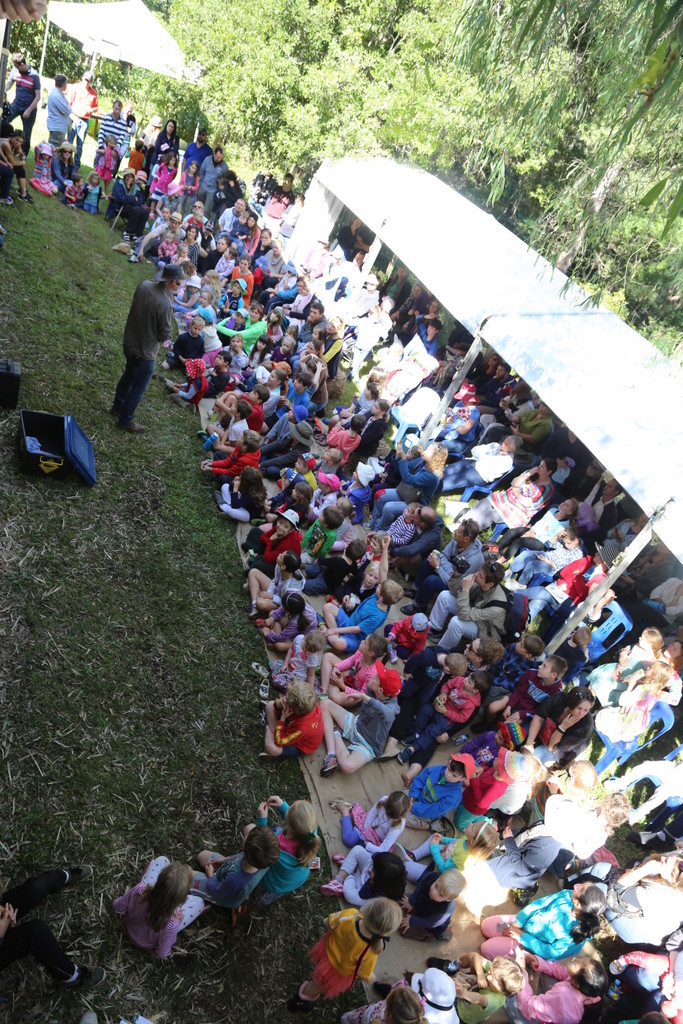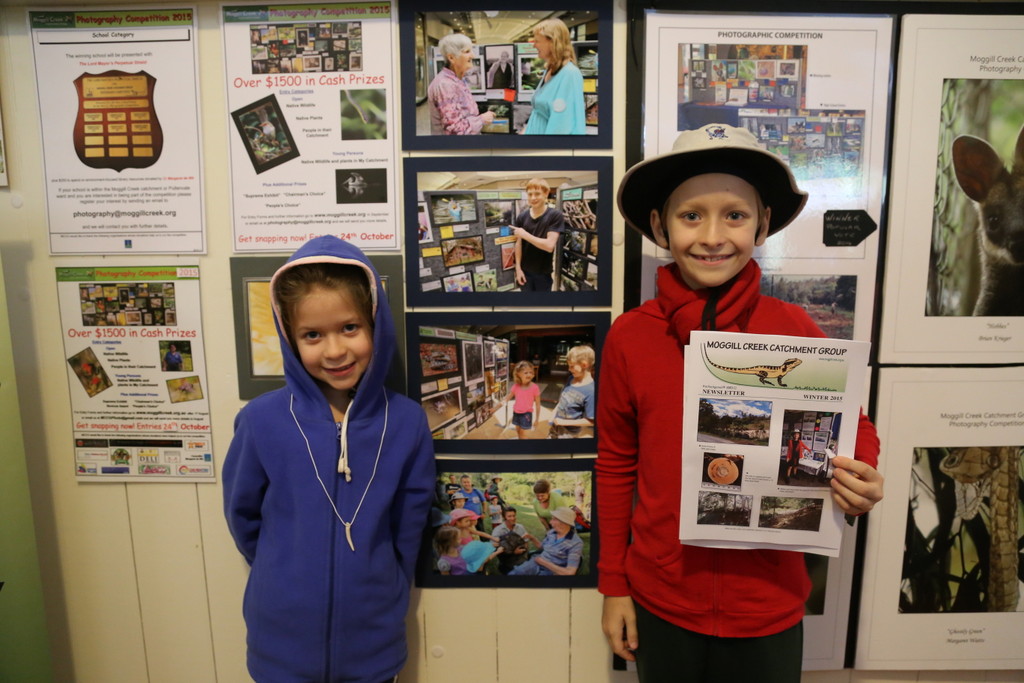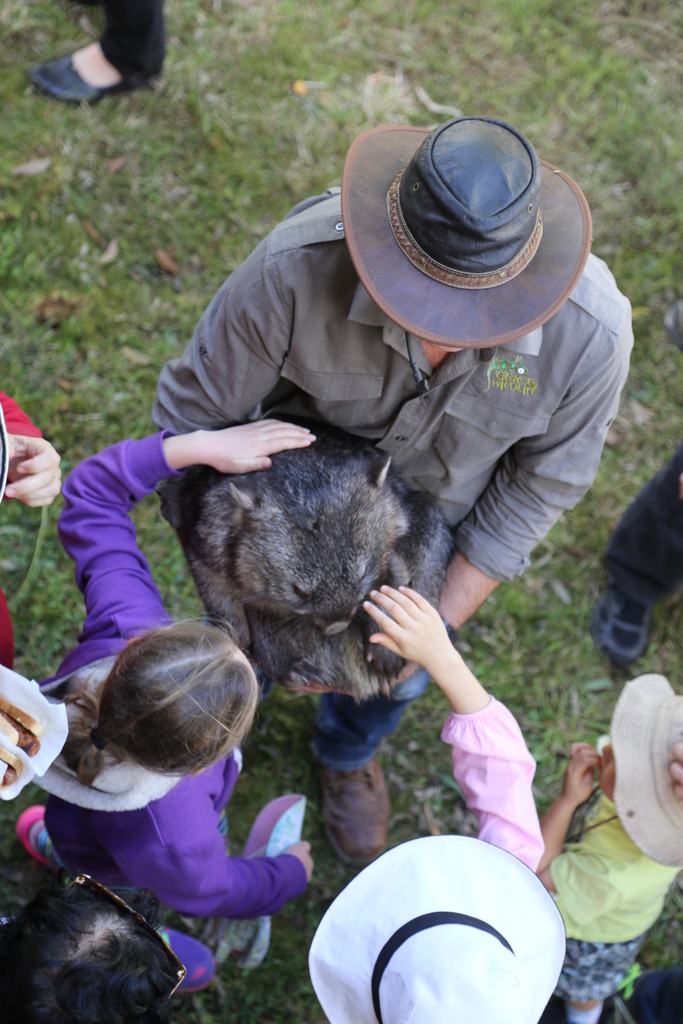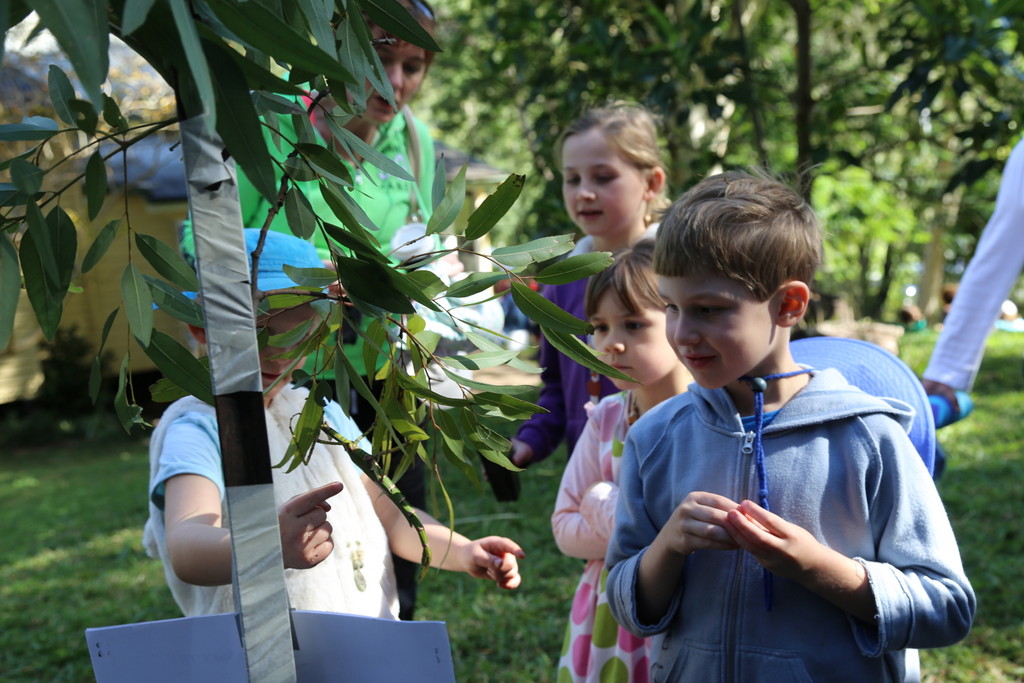The winners in the 2015 MCCG Photography competition were presented with their prizes at the awards ceremony in Kenmore Village Shopping Centre on Saturday afternoon.
for more information visit <this link is no longer available>

by mccgadmin
The winners in the 2015 MCCG Photography competition were presented with their prizes at the awards ceremony in Kenmore Village Shopping Centre on Saturday afternoon.
for more information visit <this link is no longer available>
by mccgadmin
The Moggill Creek Catchment Group annual photography competition is nearly here. Photographs must be submitted on Saturday October 24th so you have just one weekend left to take that winning shot.
Information on the 2015 Photography Competition and entry forms, including the Schools Category, are available for you to download on <this link is no longer available>.
by mccgadmin
Thursday 15 October 10 am- 12 Talk at the Cottage: “Why record Wildlife Sightings” by Brent Smith.
“A bird in a record is worth two in the bush”
What Brent will be talking about is how easy it can be to find out what lives in your local area and how valuable it can be to record the wildlife that you see in your area. He will be showing examples of what information is available on wildlife, how to find this information and where people are interested, how they can add to our understanding of the local environment.
Brent can explain how ehp Spot the Wildlife and collect the data. He has a background in zoo keeping, wildlife management, construction environmental management and works for ehp, but this talk is from his private passionate interest in having everyone, not just scientists, recording data relevant to wildlife and the environment.
Contact Dale Borgelt on 3374 1035 or [email protected] to book your place if you can come to this most interesting and informative talk and demo by Brent Smith about recording wildlife sightings
by mccgadmin
MCCG is looking for a volunteer website coordinator to join our team. So, if you enjoy working with computers, have an interest in local environmental matters and would like to have some fun with a like-minded group of people in a well-established community conservation group, we’d love to hear from you!
You can read more about the role in this document.
If you are interested, please contact the MCCG Secretary on 3374 1518 or [email protected].
by mccgadmin
On Sunday morning 6th Sept, 65 people braved the 4:30am start (fortunately not too cold this year!) to see if they could spot a platypus. A total of 46 sites were surveyed along both Moggill Creek and Gold Creek (Upper and Lower). Dr Chris Hosking and her team of willing helpers did a great job of organising everyone, and conducting them to their observation posts at various spots along the creeks so that we were all in position by 5:15am, before the sun appeared.
There were 11 confirmed sightings this year, mostly along the lower reaches of Moggill creek and mid-Gold Creek. You can see a short video of one of the sightings here – thanks to Debra Miller and Tim Vanlint.
The team of observers enjoyed a great breakfast at the Brookfield Showgrounds, with an informative talk by UQ Honours student Tamielle Brunt on her platypus research. Wildlife Queensland also kindly brought along an informative display, including a very well preserved platypus for people to see ‘up close’!
For a map of the observation spots, and further information on survey findings, see the Platypus Survey page.
A big thank you to all volunteers and to Chris Hosking and her team, not forgetting the providers of the breakfast!
by mccgadmin
The Annual MCCG Kids Day at the Cottage on Sunday 7th June 2015 was a great success, with attendance of over 400!
Presenters were busy the whole time with popular attractions and activities for enthusiastic youngsters, watched by equally enthusiastic family.

The Presenters, all with popular activities, were:
MCCG is grateful to all our presenters who give so freely of their time, and thanks them all for agreeing to present again next year (They are booked for Sunday 29th May 2016).
Martin Fingland was almost overwhelmed by the size and spread of the audience which exceeded the ability of our sound system to reach the edges. Next year we’ve booked him for the whole time from 10am -12.30pm so that he can present smaller shows in a marquee. (He has never seen so many kids at once.)
Then there was our wonderful team of sausage sizzlers, Warren and Julie Hoey, Richard Woodhead and John Crowley trying manfully to keep up with demand.
A great day was had by all, and we look forward to seeing everyone again next year …



by mccgadmin
Are you one of the people using the trail through Deerhurst Park to walk or ride on? If so, you might be interested in helping to maintain the path, which is under threat. Recent attempts to address the erosion problems have been stymied by vandalism.
If you’d like to help, please contact Mike Humphrey on 3374 1467.
by mccgadmin
MCCG has a new Facebook page! We invite you to view it…
If you would like to use Facebook to follow the activities of MCCG and learn interesting information on the conservation and improvement of your Moggill Creek catchment, please ‘like’ the page and ‘subscribe’ to our event notifications.
Click here to take a look!
We also welcome your suggestions and contributions on the page.
by mccgadmin
In a recent article in the Australian Association of Bush Regenerators Newsletter (Number 125, June 2015), Bryan Hacker introduces the Moggill Creek Catchment Group and its activities, and discusses particularly what MCCG is doing to deal with the major environmental threat posed by Cats Claw.
You can read Bryan’s article here (Reproduced with permission).
by mccgadmin
Advice and help is at hand for removing invasive weeds and restoring habitat. The Moggill Creek Catchment Group’s Landcare Adviser, Bryan Hacker, writes on the available assistance.
This article is reproduced from The Local Bulletin, June 2015 with kind permission
Many of the readers of The Local Bulletin own acreage properties and there are few which are not weedy to some degree. With the current emphasis on weed control in peri-urban areas, there is increasing need for skilled commercial operators to diminish the impact of the major environmental weeds which so frequently take over. Most of our district was, in the past, covered by eucalypt woodland or scrub, most of which was cleared for growing fruit and vegetables and dairying early last century.
Scrub is the traditional term used in much of Queensland for rainforest and, to many of us, it is a goal to restore rainforests to what they were before European settlement. We want to restore the scrub from its current situation of infestation with exotic vines and lantana to – as near as we can – its initial state.
Many of us who live on acreage properties in the western suburbs do so because we appreciate the scrub on our land, especially the native species which are habitat for a wide range of native wildlife. The Council often serves notices requiring removal of lantana, but clearing lantana regrowth with excavators or other heavy machinery, particularly along gullies and on steeply sloping land, can lead to disaster. What happens when it rains? Without plant cover much of the soil will be washed away. Further, removal of lantana using scrub cutters needs to be done with extreme caution as there is a Council requirement that regenerating native species not be harmed. I have been shown instances where mechanical clearing of lantana has damaged small native trees leading to the landholders being served with a Direction Notice, which required restoration to be undertaken.
Clearing of lantana and other exotic weeds needs to be carried out with caution, conserving the natives and augmenting them with plantings of natives to restore the habitat value.
It also should be realised that regrowth wattle trees are part of a natural progression towards restoring native forest and they should not therefore be considered to be a serious problem. Land currently dominated by wattle trees would probably have been farmed for bananas or pawpaws or cleared for grazing before being abandoned and with careful management is likely to progress towards a ‘scrub'(native vine forest) ecosystem. Wholesale removal of the wattle without carefully planned revegetation with native species would in all probability lead to infestation with worse weeds, such as glycine.
The Moggill Creek Catchment Group, with a membership of more than 500, predominantly in the suburbs of Brookfield, Upper Brookfield and Kenmore Hills, urges extreme caution in the procedure for removal of exotic weeds and also urges landowners to see the value of local native vegetation rather than seeking a neat and tidy landscape. It is also encouraging that so many properties in these suburbs are committed to conservation through the Council’s Land for Wildlife program.
My personal views, supported by many of our members, are based on 20 years involved in bush regeneration and a background as a research scientist in the field of agriculture with CSIRO. I am also an accredited member of the Australian Association of Bush Regenerators.
